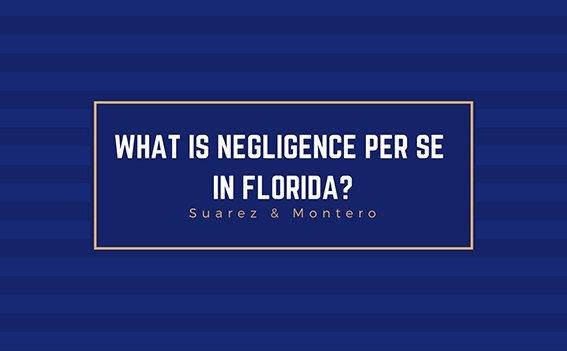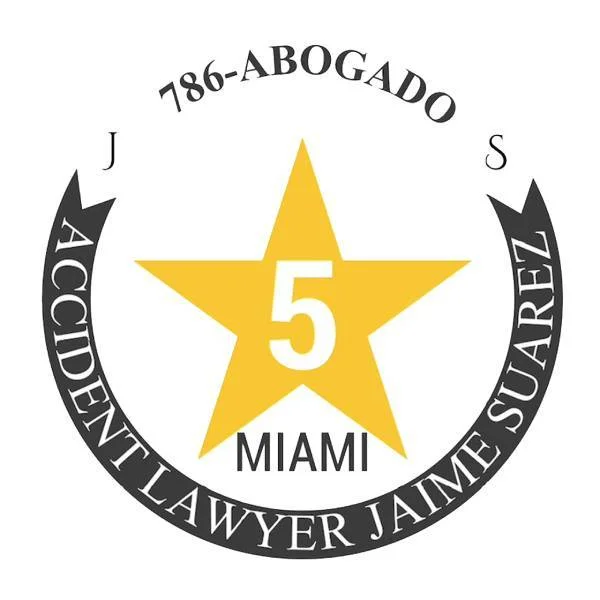[vc_row][vc_column][vc_column_text]
In tort law, the rule of “negligence per se” states that if a defendant’s actions violated a law or regulation, then the court will consider the actions to be negligent without asking whether or not a reasonable person would have done the same thing. In these cases, the judge or jury will ask only whether the statute was violated and, if so, what damages resulted.
An injured plaintiff cannot invoke any law he pleases in order to prove negligence per se. Rather, negligence per se is reserved for statutes and regulations that are “safety statutes,” or laws designed to improve safety. For instance, traffic laws and building code regulations are often appropriate laws on which to base a negligence per se argument, since these exist to protect people from injury
In order to prove negligence per se, an injured plaintiff must demonstrate that:
- the defendant violated a statute or regulation;
- the statute or regulation was designed to protect some group of people from harm;
- the plaintiff was in the group the statute aims to protect; and
- the defendant’s actions caused the kind of injury that the statute was designed to protect the plaintiff (and those like him) against.
The statute or regulation on which a negligence per se claim is based may be either a civil or a criminal law. For instance, a personal injury case in which the plaintiff claims the defendant was speeding when he hit her may be based on a civil speeding law or a criminal one. The court does not, however, have to follow the sentencing or punishment guidelines in a criminal statute, even if the court finds negligence per se based on that statute. For example, if the defendant is found negligent because he was violating the criminal law against speeding when he hit the plaintiff, the court may still require the defendant to pay civil damages that cover the medical bills, lost wages, and other damages suffered by the plaintiff, rather than the fine listed in the criminal statute (which may be much lower or higher than the plaintiff’s actual damages). The court apportions damages based on what happened, rather than on the criminal statute, because a lawsuit for negligence is a civil trial with a lower burden of proof than a criminal one. The decreased burden of proof in a civil case makes it inappropriate to impose criminal penalties on a defendant in the same case.
After any type of accident, you should consider talking to a car accident lawyer to learn what your rights and obligations are under the law. Let the personal injury attorneys at Suarez & Montero review the circumstances of your case and discuss your legal options. Our attorneys are ready to provide proven legal representation in pursuing your claim and stand ready to protect your rights.
Contact us today at 786 Lawyers for a free consultation!
[/vc_column_text][/vc_column][/vc_row]



